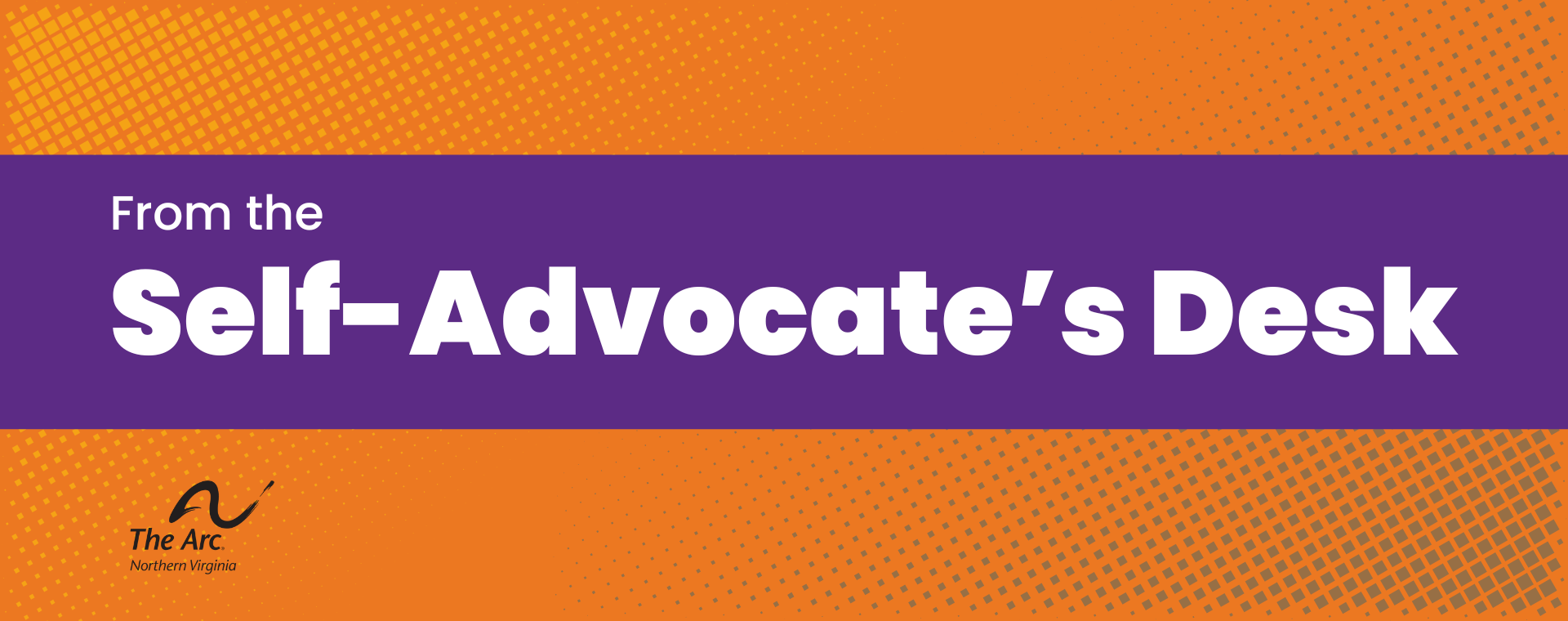The Supplemental Nutrition Assistance Program (SNAP), more commonly referred to as food stamps, has long occupied a contested space within public discourse, often burdened by misconceptions and social stigma. Yet for my family, it was neither a symbol of dependency nor an abstract policy; it was a vital resource that safeguarded our well-being during some of the most trying years of my childhood. My experience with SNAP not only informed my understanding of social welfare programs but also instilled in me a profound sense of empathy and awareness regarding the unseen struggles that so many families quietly endure.
Personal Experience and Upbringing
For approximately three years, my family relied upon SNAP benefits. They were not a constant presence in our lives, but rather an occasional necessity; activated only during moments when financial stability wavered. My mother, raising three children, including two with disabilities and selective eating needs, often faced an exhausting calculus between care, work, and survival. SNAP served as a bridge between insufficiency and sustenance, allowing her to stretch limited resources without sacrificing dignity.
In hindsight, what remains most vivid from that time are not feelings of shame, but gratitude and resilience. It was only later in life that I came to understand the extent of my mother’s sacrifices; how tirelessly she navigated the demands of caregiving, budgeting, and self-preservation. There is one particular memory that stands out: a trip to the grocery store where she, equipped with an almost comically long stack of coupons, managed to fill an entire cart without exceeding our modest budget. Her relief that day was palpable; that receipt represented not merely savings, but victory, a momentary restoration of control amid uncertainty.
Although few outside our household knew of our reliance on assistance, there were subtle reminders of how easily misunderstanding could arise. I recall a moment in fourth grade when a paraprofessional questioned my selective eating habits during lunch. I explained simply that I was a picky eater with certain food sensitivities. Her brief look of disapproval was a small but meaningful lesson in how quickly people pass judgment without knowing the circumstances that shape another’s life.
Both of my parents were transparent with me about the role that food assistance played. They emphasized that while our household income managed to cover most necessities, SNAP closed the remaining gap; ensuring that meals were balanced and consistent. My mother’s meticulous budgeting and strategic couponing were acts of quiet resilience, emblematic of her determination to preserve both nourishment and normalcy.
Understanding the Role of SNAP
Beyond providing sustenance, SNAP offered something equally vital: emotional reprieve. It lessened the weight of uncertainty my mother carried and allowed her to redirect her energy toward creating stability. Consistent access to food improved our focus, health, and sense of security. For a child, such predictability was transformative, it fostered confidence in the simple assurance that tomorrow’s meals were not in question.
Through this experience, I learned that poverty is not a reflection of personal failure, but rather the result of structural limitations. Many individuals work relentlessly and still find themselves unable to meet basic needs, yet the public narrative too often equates assistance with idleness. My lived experience dismantled that misconception. It revealed that compassion must exist not only as an ideal but as a practice, one that recognizes the inherent dignity in every person, regardless of circumstance.
Looking back, I now understand that access to adequate nutrition shaped my worldview more than I realized. It taught me humility, discernment, and the importance of suspending judgment. Food insecurity is not always visible, and the act of offering grace, to oneself and to others; can be a quiet yet powerful form of resistance against stigma.
On the Current SNAP Cuts
Recent discussions regarding cuts to SNAP benefits evoke a complex mixture of dismay and concern. For those of us who once relied upon this program, such decisions are not mere fiscal adjustments, they are existential threats to stability. SNAP was never a handout for my family; it was an anchor that sustained our humanity in lean times.
What is often overlooked in policy debates is the moral calculus of deprivation. When assistance is reduced, families are forced to make impossible choices; between food and medication, between rent and transportation. While some insist that healthy eating is a matter of discipline or personal choice, the reality is far more nuanced. Affordability, accessibility, and convenience are often dictated by socioeconomic circumstance. In communities with limited grocery options, the cost of “healthy choices” can quickly exceed the bounds of feasibility.
Persistent myths portray recipients of assistance as apathetic or unmotivated, yet such stereotypes collapse under scrutiny. Many individuals who receive SNAP benefits are employed; often in low-wage positions that penalize even marginal income increases. This structural imbalance creates a paradox: the harder one strives for self-sufficiency, the more precarious survival becomes.
Food should never be construed as a privilege reserved for the economically fortunate. It is a fundamental human right, inseparable from dignity. To cut such programs without acknowledging the human consequences is to reduce people’s lived realities to numbers on a balance sheet. In truth, each benefit withdrawn represents a family thrust back into uncertainty.
If I could convey one message to policymakers, it would be this: hunger is not a partisan issue, it is a human one. I once lived in what could be described as a food desert, though it was disguised by the façade of suburban normalcy. Limited access to affordable groceries taught me that scarcity does not always look like poverty from the outside; it often hides in plain sight.
Reflection and Broader Themes
My experience with SNAP became the foundation of my belief in collective responsibility. It shaped the empathy that now guides my work as a disability self-advocate and community organizer. Hunger, poverty, and inequity are not isolated challenges, they are interconnected manifestations of the same systemic neglect. To address one is to touch them all.
By sharing my story, I aim to counter the stigma surrounding public assistance. This is not about validating dependency or advancing a partisan argument; it is about restoring perspective. Behind every data point lies a human story, a family striving to overcome circumstances beyond their control.
If I could rewrite the prevailing narrative, I would center it on dignity. One’s self-worth should never be tethered to income or circumstance. Resilience does not arise from privilege; it grows from the courage to persist when the odds are uneven. Compassion, when extended consistently, is not an act of charity, it is an affirmation of shared humanity.
Conclusion
SNAP was not merely a social program for my family, it was a safeguard of dignity, stability, and hope. It allowed my mother to fulfill her role as both provider and protector without compromising her integrity. For me, it was a silent teacher, imparting lessons of gratitude, humility, and endurance.
As national debates continue around social assistance, it is vital to remember the unseen lives those policies affect; the parents quietly doing their best, the children learning resilience, and the countless households balancing survival with aspiration. To safeguard food access is to affirm life itself.
Food is not a privilege. It is, and must always remain, a human right.
Thank you for taking the time to engage with my reflection. Your willingness to read, listen, and consider perspectives grounded in lived experience helps nurture a more compassionate and informed society. In times when empathy is too often overshadowed by judgment, I am deeply grateful to those who choose understanding over assumption. May this conversation remind us all that dignity, like nourishment, should never be conditional.
Ian Allan
Self-Advocate for The Arc of Northern Virginia
Ian Allan is a self-advocate with a deep commitment to policy literacy, systems change, and disability justice. Through The Arc of Northern Virginia, he works to ensure that people with intellectual and developmental disabilities are not merely served by systems, but are actively shaping them.

